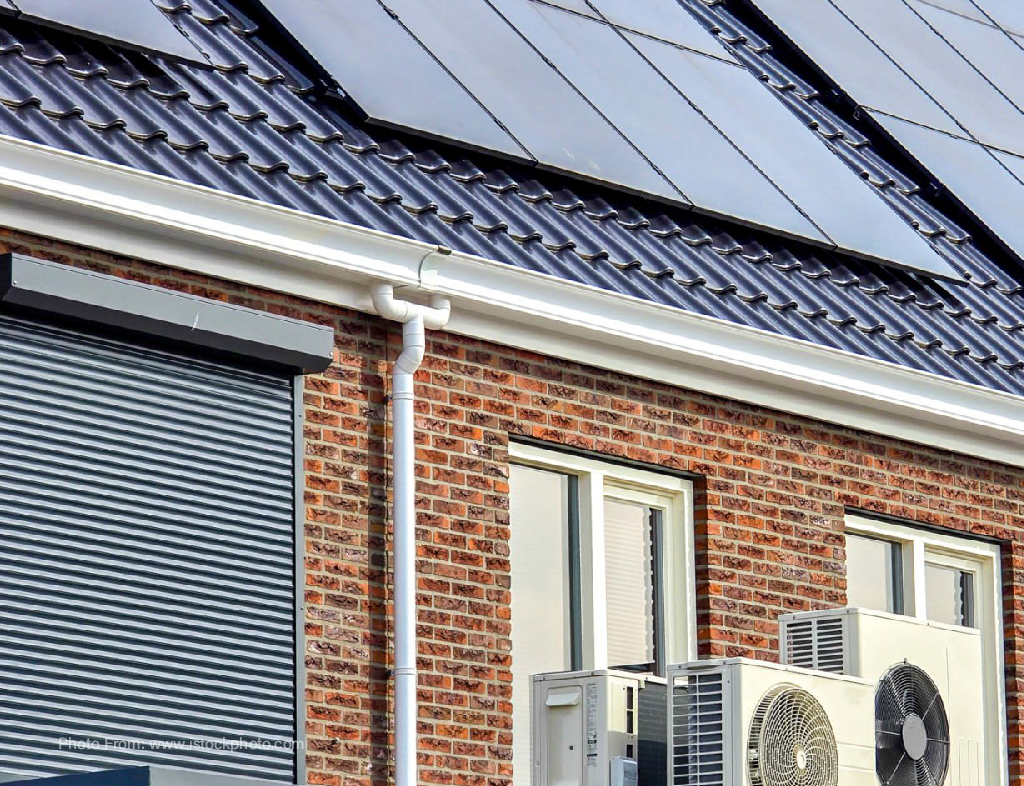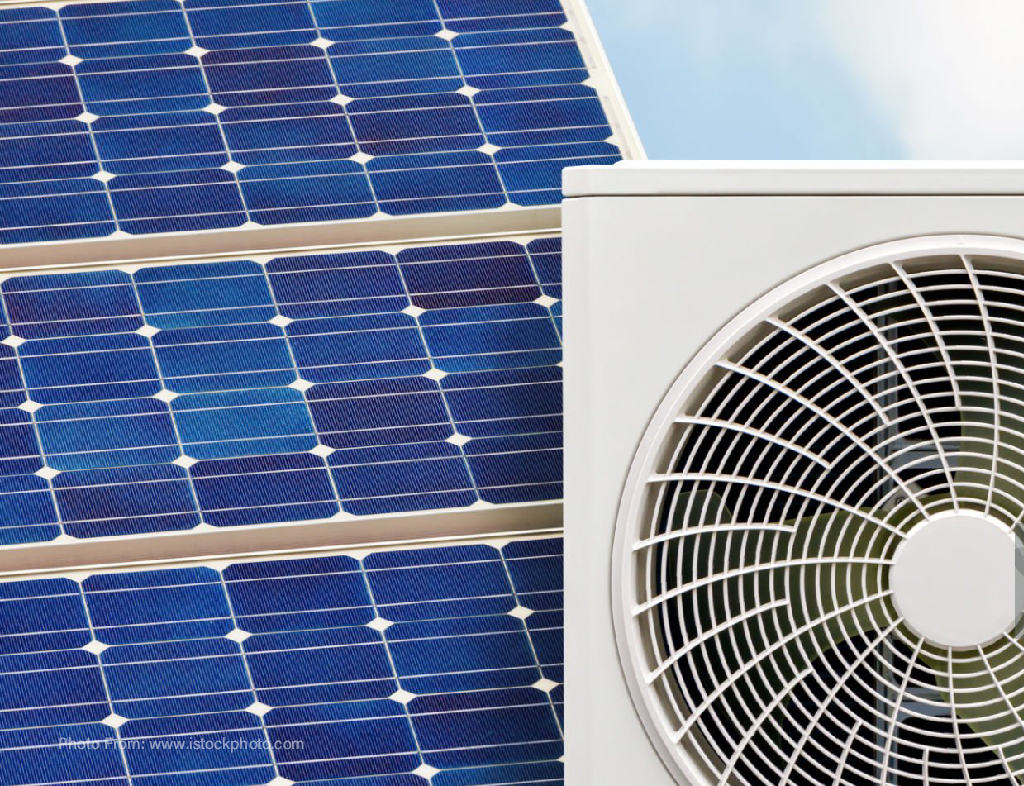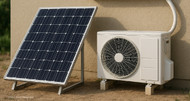CAN SOLAR RUN YOUR OFF-GRID AIR CONDITIONING? COOLING SOLUTIONS FOR SUMMER
21st May 2025
As summer temperatures rise, staying cool becomes a real concern—especially for those living off-grid. One of the most common questions is whether solar power alone can run an air conditioning unit. The answer is yes, but it comes with important considerations. Running a traditional AC system off-grid requires significant power, and understanding the energy demands is crucial to avoid system overloads or battery depletion.

Standard air conditioning units, especially window and split systems, can draw between 500 to 3,500 watts depending on size and efficiency. That means your off-grid solar setup needs to be robust, not only with high-output solar panels but also with a battery bank capable of storing enough energy to run the AC for extended periods. A properly sized inverter is also essential, as it must handle the startup surge when the compressor kicks in—often two to three times the running wattage. Without this, your system may trip or fail to power the AC altogether.
To keep things running smoothly, many off-grid users pair their AC with a dedicated battery bank that charges during peak sunlight hours and discharges during the hotter parts of the day or at night. Lithium batteries are generally preferred for their longer lifespan and higher efficiency. A pure sine wave inverter is typically required for AC units to run safely and effectively, and the inverter should have a capacity well above the AC’s peak power draw to prevent strain during operation.
Given the energy demands of traditional AC, exploring more efficient alternatives can make a huge difference. Solar-powered fans are a popular low-power option that can move air effectively in small spaces. Swamp coolers, or evaporative coolers, are another off-grid-friendly solution in dry climates. They use far less electricity and provide surprisingly effective cooling in the right environment. By reducing your dependence on power-hungry air conditioners, you preserve more energy for essential uses and reduce strain on your system.
Another key to successfully using solar for cooling is managing loads carefully, especially during mid-afternoon when both solar production and temperatures peak. Running other major appliances simultaneously with AC can lead to overloading and reduced battery life. Using timers or load controllers, and scheduling heavy-use appliances for early morning or evening, can help balance the system. Proper insulation, reflective window coverings, and strategic ventilation also go a long way in keeping indoor temperatures down without relying solely on electric cooling.

Off-grid air conditioning is achievable with solar power, but success depends on smart system design and energy-conscious habits. Combining efficient equipment, well-sized batteries and inverters, and alternative cooling methods can make your summer not only bearable but refreshingly sustainable.
